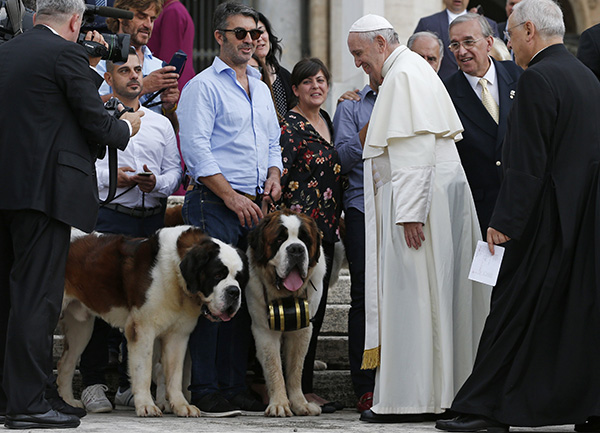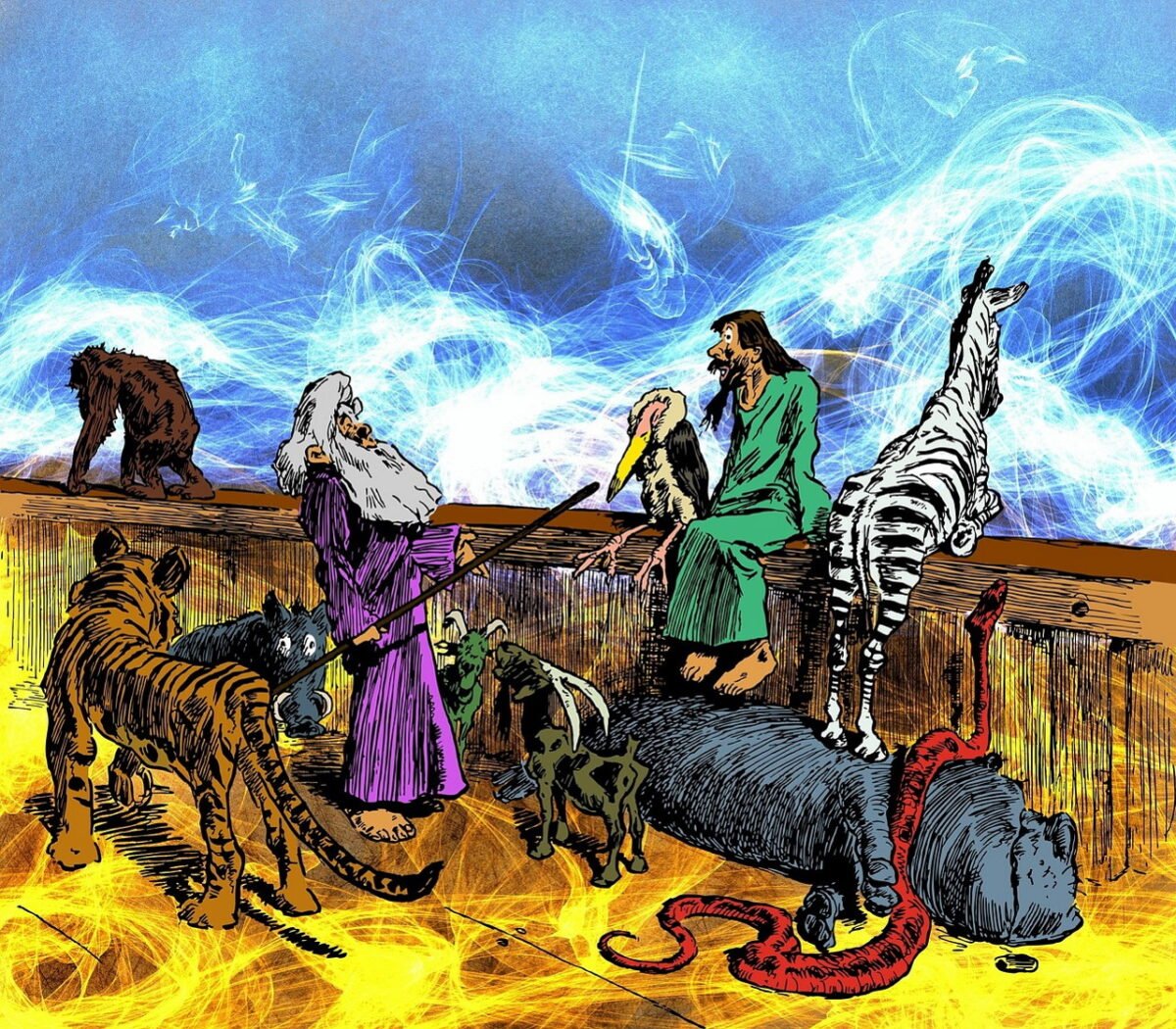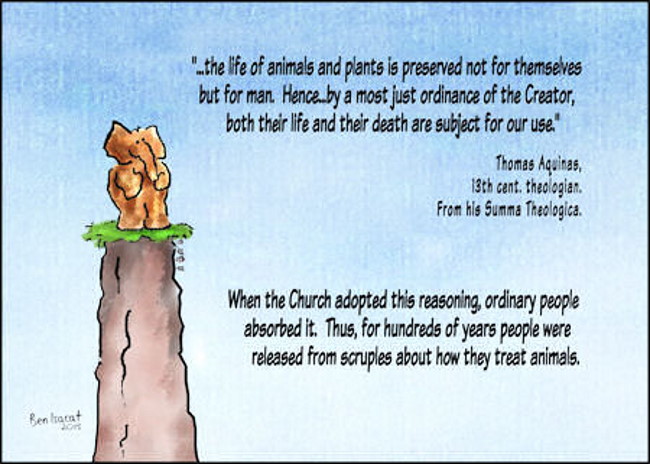Pope Francis recently lamented the increasing modern trend of substituting children for pets. He declared at a general audience at the Vatican that not having children is “selfish and diminishes us and takes away our humanity”. He also stated that “many couples do not have children because they do not want to, or they have just one — but they have two dogs, two cats. Yes, dogs and cats take the place of children.”
The Vatican defended him, stating his oration was taken out of context. Cindy Wooden of the Catholic News Service believed his words concerning people who did not want children was “what stuck in many people’s craw.”
The Pope assumes people know him and the context of his words. When they don’t, hackles are raised as in the case of his view on couples having pampered pets instead of children. The nervous laughter in the Vatican audience hall on Jan. 5 should have tipped him off that he was heading for a mishap.
Cindy Wooden, Catholic News Service January 11 2022.
Animal lovers who obviously did not know him, construed his words as being anti petkeeping and an accusation of selfishness on the part of those not wishing either to have children or unfortunately not able to. This caused outrage and offence to a great number of people.
Every media outlet across the world picked up on the story and it was front page news and filled social media sites. Pet owners and celebrities like Ricky Gervais were queuing up to disparage it.

Animal rightists may have welcomed his comments.
His words may have surprised and confused many people considering he is the first Pope to take his name from St Francis of Assisi patron saint of animals, and is renowned for his love of animals and their rights. He was even voted by the leading animal rights organisation People’s Ethical Treatment of Animals (PETA) in 2015 as their Person of the Year for his message of kindness to animals.
Ironically, PETA of course, probably welcomed his words and were supportive of his viewpoint as the organisation is against the keeping of all pets, but for differing reasons.
Substituting children for pets causes outcry.
In this era of overpopulation of the planet which causes so many problems for world society, the environment and climate change, it was ill advised for the Pope to make such comments as he was on a hiding to nothing. The subject was preordained to upset a lot of people whether believers or not.
It was a bit of an own goal and opened the Vatican to cries of hypocrisy in light of all the recent child abuse allegations and the fact that priests do not have children. It also disregarded the solace, joy and companionship which pets bring to the lives of the old, sick, lonely and depressed and childless couples. Also, the benefits pets provide for the social development of children.
Rule over every living thing and multiply.
But it shouldn’t come as a surprise as in general religion throughout history has not been a great fan of animals. It has always been preached that humans take precedence over any considerations of the animals. Most religions give humans “dominion” over all living creatures with some Christian faiths going as far as to tell their followers to “rule over every living thing, multiply and fill the earth and subdue it”.
It might be beneficial for the church if the Pope’s advisors warn him that he upsets the world’s pet lovers at his peril.


